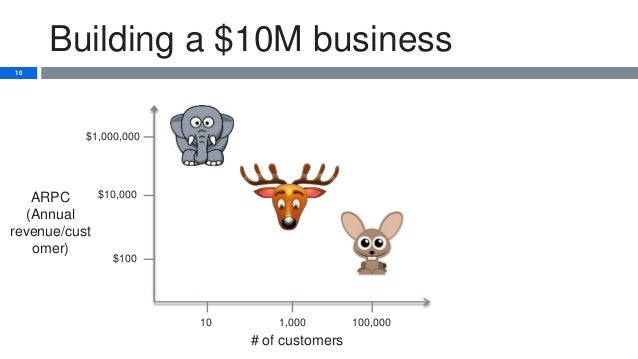Literally means taken word for word. "The debt incurred was literally billions" probably means that the value 'billions sounds like an exaggeration but I want to emphasize that it is no exaggeration, that the actual value was in the billions.
But people use 'literally' all the time in a non-literal fashion, as an intensifier. "That party man, that house was literally on fire!" probably meant the the house was quite enjoyable, not that the local firetrucks were dispatched. This usage is not the literal meaning of literal, and it's not really the opposite (it's not saying 'hey this is an exaggeration' but rather 'hey check this out!').
If one is speaking informally then go wild, us literally to mean 'hey check this out'. It's common enough to be understood that way and in such instances not likely to cause misunderstanding. But in formal use, where you really want low ambiguity for transfer of information, then you may even want to avoid 'literally' because it might be misleading: people who don't know the literal meaning of 'literal' might be misled into thinking you're exaggerating or just pointing out some outrageous thing.
Literally applied to itself literally doesn't mean literally. It's a snake biting its own tail. Literally. if the word is the snake and interpreting the meaning is biting something, in this case itself. OK that was way too literal.
Except...
The commonly accepted formal meaning of the word literally, that is, word for word or actually, is not itself a very literal meaning. If you want to be pedantic, as 'literally' is practically asking you to do, the source of 'literally' is via the Latinate for letter, so it should mean something 'by the letter'. This is itself a figurative use. You're not caring about letters but about words (maybe that's too pedantic). You're not caring about words but about primary meanings. Which is a figurative reading of word for word.
the following is phrase that could be taken metaphorically but in this case the words describe the actual situation.
So literally does not itself have its own literal meaning.
And as self-contradictory as this is (how could we let this go so far?), this is not a strange new bizarro-world mind-bending stand alone example. There are a number of own-tail-biting words.
Really. I mean 'really'. I mean 'really' is an example of a word that is an analogy of this literal vs figurative use whose literal meaning is itself. 'real' means extant or existing or not-fake. 'really' really means 'a lot' or 'very' or 'much', not an exaggeration but an intensification. "It is really hot in here". Sure it is probably hot or at least warm. "our attitude is really getting on my nerves" means it is probably annoying, not that you have exposed neural material that an attitude is physically on top of.
This is very true. Very true. Well, no more true than what true is. 'Very' comes from French (via the Norman Conquest). It is cognate with French 'vrai' for 'true'. over the course of two hundred years after the conquest, there was an influx of huge number of Old French terms. 'Vrai' slipped over to mean true (foreign language usages are more likely to be 'repurposed' (i.e. misused). There is a bit of the etymological fallacy here, that the current meaning of a word should be what it used to be. There is no doubt that very means very nowadays. Maybe a little doubt in 1200AD in London.
But truly 'true' has the literal meaning of 'that which is the case'. Etymologically though it means all sort of things like 'faithful' or 'honest' and only became the opposite of false probably after 'vrai' became 'very'. So semantic drift happens, but that doesn't mean the drift was wrong or incorrect or bad or led to the downfall of civilization.
This is not to say that I like the non-literal use of literal. It hurts me (not literally) when I hear it used non-literally. It's so obviously intended to be meant literally and a non-literal usage just contradicts itself.





